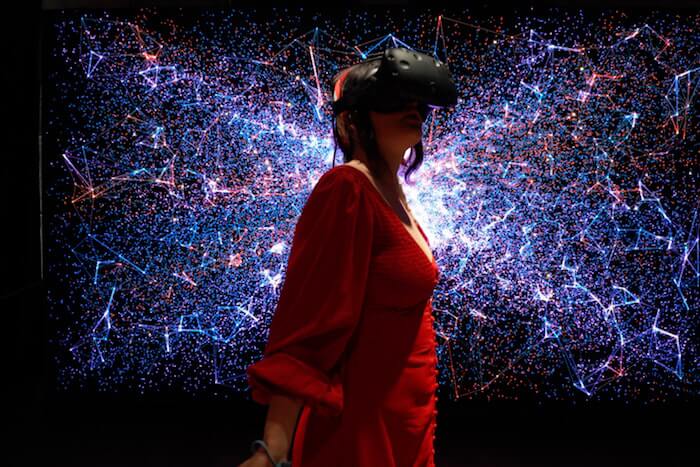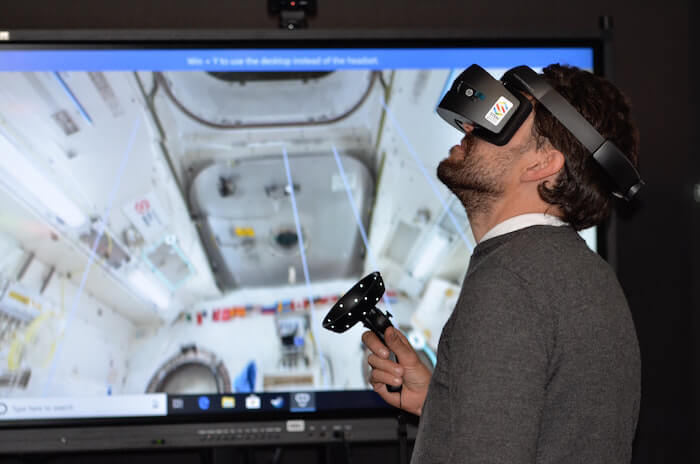What is the Metaverse?
The metaverse is a 3D virtual world accessed using headsets. virtual reality and augmented, but it is also accessible from ordinary computers and mobile devices which will give you access to the metaverse, but in 2D. The metaverse is the next logical step in your social media experience. It integrates many aspects of social media into a three-dimensional world where the user is represented by an avatar.
Dating isn't the only way the metaverse will change our world. It will also have a direct impact on your workplace.
Here are a few examples:
1. Meetings and conferences
Avatars and holograms will significantly reduce companies' meeting and conference costs. Why would Elon Musk take his private jet to Shanghai to check the gigafactory's production efficiency when he could simply teleport and walk around with his engineers?
2. New jobs
The metaverse will radically change existing jobs and create new ones. Jobs that previously required in-person interaction will suddenly have virtual options, meaning freelancing and remote work opportunities will grow exponentially.
3. Job interviews could change completely
Every now and then, a blog comes out boldly proclaiming the end of the resume, cover letter, and curriculum vitae. Usually, these predictions turn out to be a little too inaccurate.
The metaverse may not lead to the extinction of the resume as an application document, but it could fundamentally change the format of applications and the job search process.
4. Remote work could become more human
The rise of remote work has helped redefine our understanding of work and our jobs in the 21st century. It has prompted us to reflect on issues such as work-life balance, the nature of team management, and trust between managers and employees.
A key unanswered question about remote work is: how can we make it feel more “real”? In other words, how can we make it feel less cold and isolated, and more human.
5. Soldier training
The U.S. Army is already training its soldiers in the metaverse in partnership with Microsoft. Instead of planning missions using mock-up terrain models, Microsoft is building headsets that will allow soldiers to see where they are and what's around them by projecting holographic images, three-dimensional terrain maps, and a compass into their field of vision.
6. Medical surgeries
One day, a cardiologist in Paris will perform open-heart surgery on a patient in Chicago using precision robots. This will rely on networks 5G reliable in both locations and on a precision robot in the Chicago hospital, which the Paris doctor will operate using a VR device.
7. Salaries will be paid in cryptocurrencies
The metaverse is a strange place. Many of the rules and norms of the old world simply won't apply, and one of them is fiat currency. Cryptocurrencies are already the preferred method for buying and selling virtual items in the metaverse, rather than dollars and euros.
Governments play virtually no role in the metaverse, so this trend is irreversible. Therefore, in the future, it will make sense for employees to be paid in cryptocurrencies.
How will the Metaverse evolve?
The workplace of the 2020s already looks very different from what we could have imagined just a few years ago: the rise of remote and hybrid work has truly shifted expectations about the why, where, and how of work. But the story of workplace transformation doesn't end there.
No one really knows what it will look like, but everyone agrees it's coming soon and will fundamentally affect the way we work. The exact form it will take, and how we'll interact with it, is still up for debate.
credit photo @unsplash


